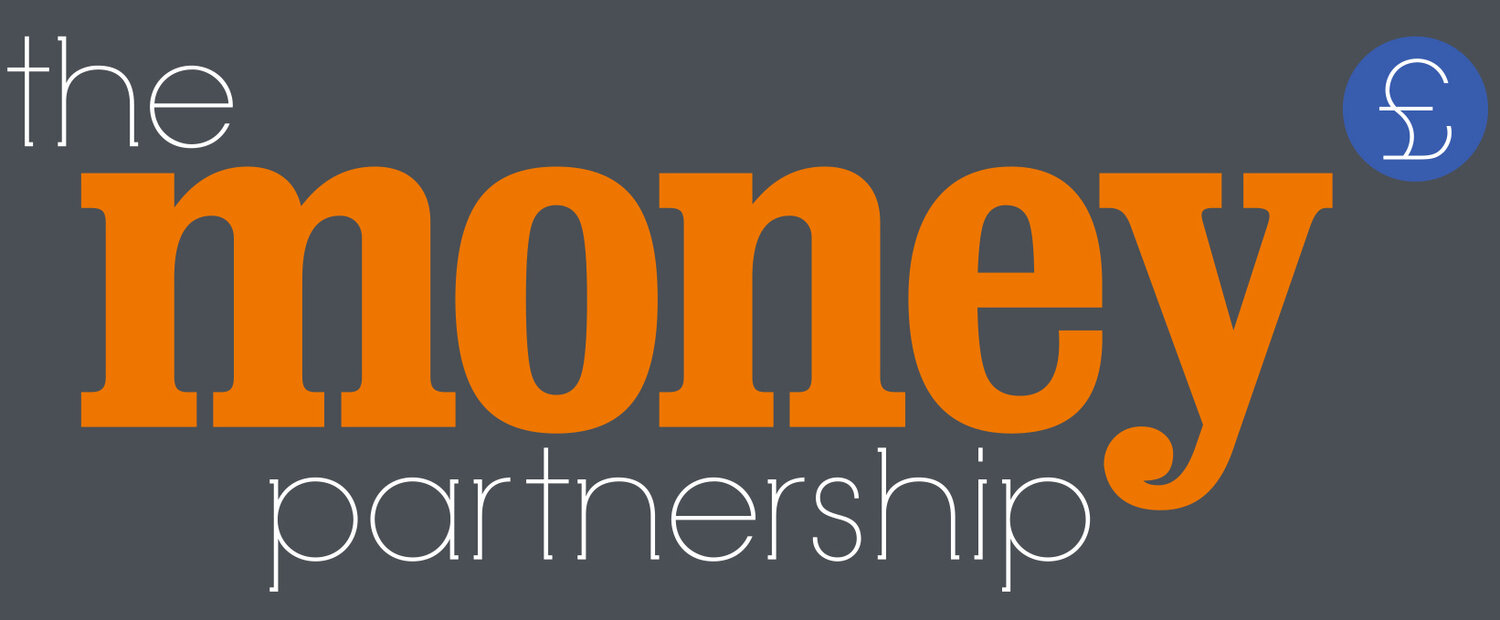is inflation eroding your savings?
What is inflation?
Simply put, inflation is an increase in the overall prices of goods and services. Let’s take a look at milk, for example - in 1970, a pint of milk would cost you 4.7p. Now, 50 years later, a pint of milk would cost you 50p.
Inflation doesn’t just affect the cost of living either. Your savings need to grow fast enough to offset the inflation loss. The key question to ask yourself is: ‘Is inflation eroding my savings?’ Because the ugly truth is, if your savings account interest rate isn’t high enough the value of your savings and therefore your purchasing power is reducing every day.
Ways to beat inflation
“With Consumer Prices Index (CPI) inflation accelerating to 2.5% in June, from 2.1% the previous month, there is not one standard cash savings account that can beat it, according to Moneyfacts co.uk. This means that the value of many savers' pots is shrinking in real terms.”
So, what options do you have to beat inflation…
Investments
Under normal circumstances, interest rates on your savings should increase as inflation rises. This may not, however, be enough to sustain the purchasing power of your money. Whilst keeping your money in a savings account may feel like the safest option, you actually risk inflation eating away at the value of your money the longer you leave it untouched. For this reason, you may want to consider investing your money instead, which could offer you the opportunity for higher returns.
Although there are many ways you can invest your money independently, without the right knowledge and support you could be taking a gamble with your money. Especially for those new to investing, you should consider seeking professional help to ensure you’re making the right financial decisions for you.
At TMP, our clients are presented with 5 portfolios ranging from cautious to adventurous. Now our funds are extremely diversified and highly managed; each having a different tolerance for loss. After carrying out a risk questionnaire and having a discovery chat with one of our advisers, clients can decipher whether they are a cautious investor, an adventurous investor or somewhere in between. Working like this means clients always know the worst- and best-case scenario, and with regular performance updates and ongoing guidance they can carry on with everyday life with peace of mind their money is in safe hands.
You see, working with an independent financial adviser who is regulated by the FCA means there will always be transparency on where your funds are invested, how they are performing and what fees you are paying.
Property
Investing in property might feel out of reach, but you never know, many people don’t realise that by restructuring their finances they can create the funds needed to step into the property investment world. Though there are risks associated with buying and flipping or buying and renting properties, the rewards have proved to outweigh these. Think about it - when you rent out a property, the cost of rental reflects inflation prices. Not forgetting one of the best reasons to invest in property, to build equity.
House prices increased by 10% over the past year and are predicted to increase by 28% of the next 5 years which means increased rental rates and increased equity. You can see now why inflation might not be such a bad thing for landlords.
We know this is a big decision to make, and investing isn’t for everybody. But it’s important you’re aware of what inflation could be doing to your money. If you would like to explore investing as an option to protect and grow your money long-term, we would be delighted to hear from you 01633 987070.

